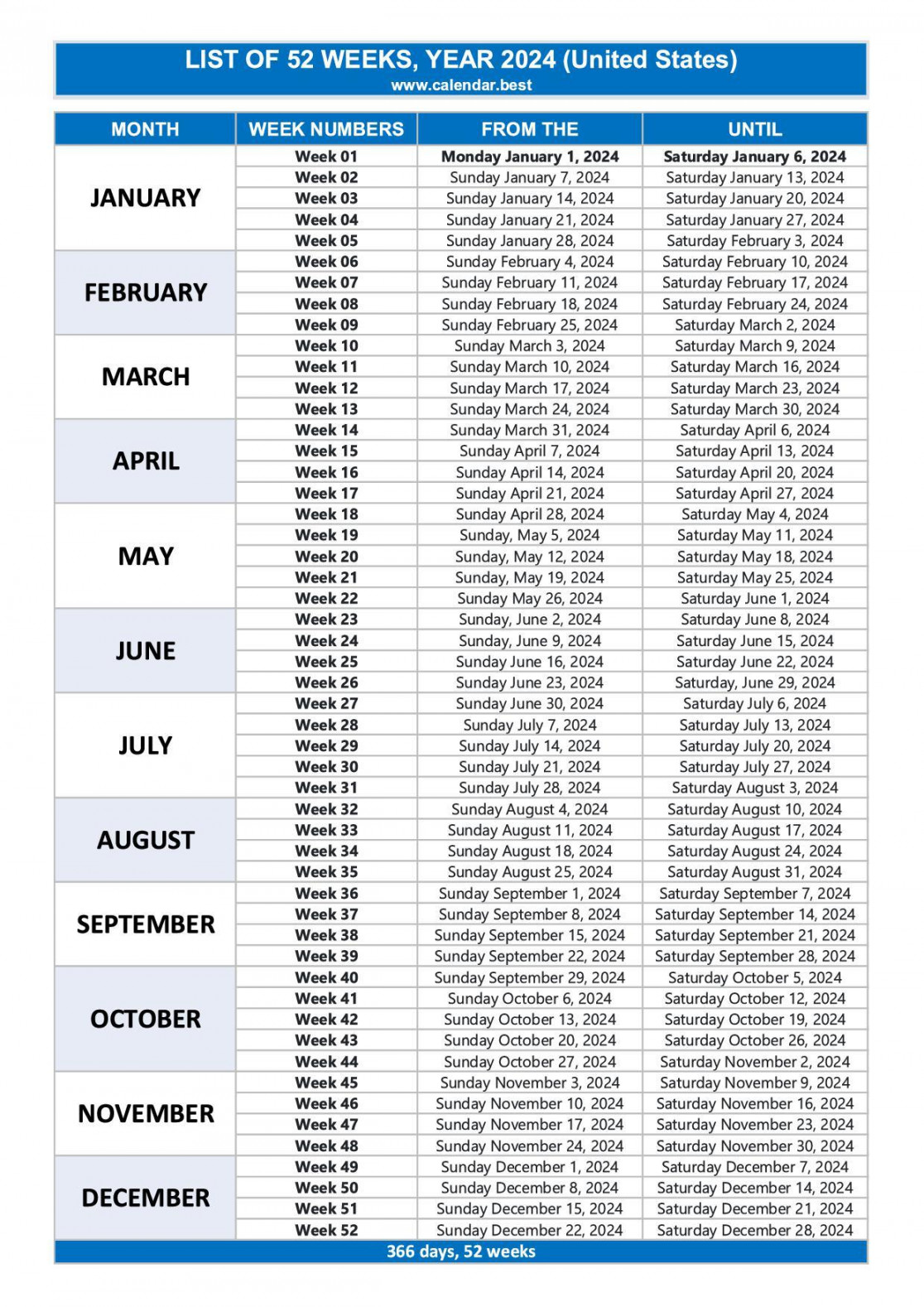How Many Working Days are There in a Year in Canada?
As a business owner or employee in Canada, it’s essential to thoroughly understand the working days and hours as outlined by the Canada Labour Code. This knowledge is crucial in avoiding any breaches of the code that could result in penalties.

In Canada, there are specific regulations around working days, holidays, and working hours. Understanding these regulations is necessary for both employers and employees to ensure compliance with the law. This article will provide a brief overview of the working days and hours in Canada, including what holidays are non-working days and how working hours are regulated.
What is the average number of working days per year in Canada?

The average number of working days per year in Canada is 251 days. This means that the average person works about five days a week. However, the number of working days may vary depending on the industry and the province.
There are 10 paid general holidays for federally regulated employees in Canada. These holidays include New Year’s Day, Good Friday, Victoria Day, Canada Day, Labour Day, National Day for Truth and Reconciliation, Thanksgiving Day, Remembrance Day, Christmas Day, and Boxing Day.

In addition to general holidays, there are 105 weekend days (Saturdays and Sundays). This gives us a total of 250 working days. Assuming an 8-hour workday, this would give an average of 2,000 working hours.
It is important to note that Canadian provinces and territories may have their own sets of rules and regulations regarding working days. It is crucial to know the labor code and provincial laws of the province or territory where your business is located to ensure compliance with the law.
The Number of Work Weeks in Canada per Year
The typical work week in Canada spans from Monday to Friday, comprising five working days. There are a total of 52 weeks in a year, but the work week may vary depending on the industry and province. For instance, in Alberta, the work week is set at 44 hours, while in British Columbia, it is set at 40 hours. Generally, there are four work weeks in a month, which translates to approximately 20 working days per month.
Overtime Laws in Canada
Overtime laws in Canada are fairly uniform across all provinces. Employees are entitled to 1.5 times their regular wage for working overtime hours, which must be paid no later than the next pay period. Overtime hours are usually worked beyond the standard working day or week. For example, if an employee normally works 8 hours a day and works 10 hours one day, they would be working 2 hours of overtime.
However, there are some exceptions to this rule. For instance, Manitoba does not compensate overtime work if an employee makes twice the amount of the Manitoba Industrial Average Wage.
What are Statutory Holidays in Canada?
Statutory holidays, also known as public holidays, are days that are regulated by the Canadian government and require most businesses to give their employees a day off. These holidays are celebrated nationwide and are paid days off for employees. Federally regulated employees are entitled to ten paid holidays each year, which include New Year’s Day, Good Friday (Easter), Canada Day, Labour Day, National Day for Truth and Reconciliation, Thanksgiving, Remembrance Day, Christmas Day, and Boxing Day.
In addition to national holidays, different provinces in Canada have provincial statutory holidays. This means that the total number of working days in a year may vary depending on the province. For example, in Newfoundland and Labrador, Orangeman’s Day is a statutory holiday, while in other provinces, it is not. Depending on the province, statutory holidays may be referred to as general holidays or public holidays.
On statutory holidays, most businesses are not operating, and many employees have the day off. Schools and colleges usually have no classes, and government offices are closed. Some businesses, such as grocery stores, pharmacies, and gas stations, may be open on statutory holidays but typically have reduced hours.
Who are Federally Regulated Employees?
Federally regulated employees refer to those working in businesses under federal jurisdiction. The Canada Labour Code applies to most employers and employees under federal jurisdiction, including those working in banks, federal Crown corporations, interprovincial and international transportation, port service, uranium mining, vital businesses and operations, and many others. Approximately 10% of Canadians work under the federal government. It is important to note that if an employee is unsure whether their business is under federal or provincial/territorial jurisdiction, they can check The Canada Labour Code.
How do Canadian provinces differ in working days?
Each province in Canada has different laws and regulations regarding working days and hours. This section will provide an overview of the number of working days in each province.
Working days in Alberta
Alberta has 9 general (statutory) holidays and 4 optional holidays. The general holidays are New Year’s Day, Family Day, Good Friday, Victoria Day, Canada Day, Labour Day, Thanksgiving Day, Remembrance Day, and Christmas Day. The optional holidays are Easter Monday, Heritage Day, National Day for Truth and Reconciliation, and Boxing Day. There are 251 working days in a year in Alberta, but some organizations may reduce working days to 247 due to the optional holidays.
Working days in British Columbia
British Columbia has 10 statutory holidays, which are New Year’s Day, Family Day, Good Friday, Victoria Day, Canada Day, B.C. Day, Labour Day, Thanksgiving Day, Remembrance Day, and Christmas Day. Easter Sunday, Easter Monday, National Day for Truth and Reconciliation, and Boxing Day are not considered statutory holidays in B.C. Most employees in B.C. have 250 working days in a year, while federal employees have one additional day off.
Working days in Manitoba
Manitoba has 8 general holidays, which are New Year’s Day, Louis Riel Day, Good Friday, Victoria Day, Canada Day, Labour Day, Thanksgiving Day, and Christmas Day. Manitoba also has 5 optional holidays, which are Easter Sunday, Terry Fox Day, National Day of Truth and Reconciliation, Remembrance Day, and Boxing Day. There are 252 working days in a year in Manitoba.
Working days in New Brunswick
New Brunswick has 8 paid public holidays, which are New Year’s Day, Family Day, Good Friday, Canada Day, New Brunswick Day, Labour Day, Remembrance Day, and Christmas Day. New Brunswick Day is celebrated on the first Monday of August, and most grocery and retail stores are closed on this day. There are 252 working days in a year in New Brunswick.
Working days in Newfoundland and Labrador
Newfoundland and Labrador has 14 paid holidays, which are New Year’s Day, St. Patrick’s Day, Good Friday, St. George’s Day, Victoria Day, June Holiday, Canada Day, Orangeman’s Day, Labour Day, Thanksgiving Day, Remembrance Day, Christmas Day, Boxing Day, and Discovery Day. There are 246 working days in a year in Newfoundland and Labrador.
Working days in Nova Scotia
Nova Scotia has 10 paid holidays, which are New Year’s Day, Heritage Day, Good Friday, Victoria Day, Canada Day, Natal Day, Labour Day, Thanksgiving Day, Remembrance Day, and Christmas Day. There are 251 working days in a year in Nova Scotia.
Working days in Ontario
Ontario has 9 public holidays, which are New Year’s Day, Family Day, Good Friday, Victoria Day, Canada Day, Labour Day, Thanksgiving Day, Christmas Day, and Boxing Day. Easter Monday is a bank holiday, and some organizations may provide their employees with a day off. National Day for Truth and Reconciliation is a new holiday in Ontario, which is observed on September 30th. There are 251 working days in a year in Ontario.
Working days in Prince Edward Island
Prince Edward Island has 9 paid holidays, which are New Year’s Day, Islander Day, Good Friday, Victoria Day, Canada Day, Gold Cup Parade Day, Labour Day, Thanksgiving Day, and Christmas Day. There are 251 working days in a year in Prince Edward Island.
Working days in Quebec
Quebec has 8 statutory holidays, which are New Year’s Day, Good Friday, National Patriots’ Day, Quebec’s National Holiday, Canada Day, Labour Day, Thanksgiving Day, and Christmas Day. There are also 2 optional holidays, which are Easter Monday and Boxing Day. There are 261 working days in a year in Quebec.
Working days in Saskatchewan
Saskatchewan has 10 statutory holidays, which are New Year’s Day, Family Day, Good Friday, Victoria Day, National Indigenous Peoples Day, Canada Day, Saskatchewan Day, Labour Day, Thanksgiving Day, and Christmas Day. There are 251 working days in a year in Saskatchewan.
Working days table by province
The following table summarizes the number of working days in each province:
ProvinceNumber of Working DaysAlberta251British Columbia250Manitoba252New Brunswick252Newfoundland246Nova Scotia251Ontario251Prince Edward Island251Quebec261Saskatchewan Sick days, parental leave, and vacation in Canada
In Canada, most employees are entitled to 5 personal/sick days and 2 weeks of vacation. After 5 years of working for the same employer, employees are entitled to 3 weeks of vacation. The paid vacation is regulated by the Employment Standards Act in each province, with all provinces providing at least 2 weeks of paid vacation, except Saskatchewan which provides 3 weeks of paid vacation.
In addition to paid vacation, most employers offer their employees holiday pay. This means that employees are paid their regular wage for working on a holiday, even if they don’t work their regular shifts. The holiday pay is generally 1/20th of the employee’s total wages for the 4 weeks prior to the holiday.
The Canadian government offers paid parental leave for parents who have recently had or adopted a child. Parental leave is typically offered for a period of up to 35 weeks and is up to $638 a week. This leave can be taken by either parent or shared between them. In addition, employees are entitled to unpaid leave for family emergencies, bereavement, and jury duty, among other reasons.
Employees who are sick or injured are entitled to take a certain number of days off work with pay. This number varies depending on the province and the length of service with the employer. For example, in Ontario, employees are entitled to up to 3 days of paid sick leave per year. In British Columbia, employees are entitled to up to 5 days of paid sick leave per year.
Frequently Asked Questions About Working Days in Canada
Many people have questions about the number of working days in Canada. Here are some frequently asked questions and their answers:
What is the average number of working days in a month in Canada? The average number of working days in a month in Canada is 20.5-21.5, depending on the province. How many working days are there in a year in Ontario? Most people in Ontario have 251 working days. Some employees may have 247 working days due to optional holidays. How many working days are there in a year in Quebec? There are 252 working days in a year in Quebec. The number of working days can be reduced in some organizations to 250 because of optional holidays. How many working days are there in a year in BC? There are 250 working days in BC. If an organization provides days off on optional holidays, the number of working days can be reduced to 246.
It’s important to note that these numbers are approximate and may vary depending on the industry, the company, and the province. Additionally, some organizations may offer additional vacation or personal days that can affect the number of working days in a year.
Frequently Asked Questions How Many Working Days Are There in a Year in Canada?
The average number of working days in a year in Canada is 251 days. However, this can vary depending on the industry and the province. General holiday dates may change slightly from year to year; however, their number remains relatively constant.
How Many Working Days Are There in a Year in Ontario?
In Ontario, there are typically 262 weekdays (Monday to Friday) in a year. However, this number can vary depending on several factors such as statutory holidays, vacation days, and part-time employment.
How Many Working Days Are There in a Year in British Columbia?
In British Columbia, there are typically 260 weekdays (Monday to Friday) in a year. However, this number can vary depending on several factors such as statutory holidays, vacation days, and part-time employment.
How Many Working Days Are There in a Year in Alberta?
In Alberta, there are typically 260 weekdays (Monday to Friday) in a year. However, this number can vary depending on several factors such as statutory holidays, vacation days, and part-time employment.
How Many Working Days Are There in a Month in Canada?
The number of working days in a month in Canada varies depending on the number of weekdays in that month. Typically, there are around 21 to 23 working days in a month, assuming a five-day workweek.
How Many Working Weeks Are There in a Year in Canada?
There are 52 weeks in a year in Canada. Assuming a five-day workweek, this means that there are approximately 260 working days in a year. However, this number can vary depending on several factors such as statutory holidays, vacation days, and part-time employment.